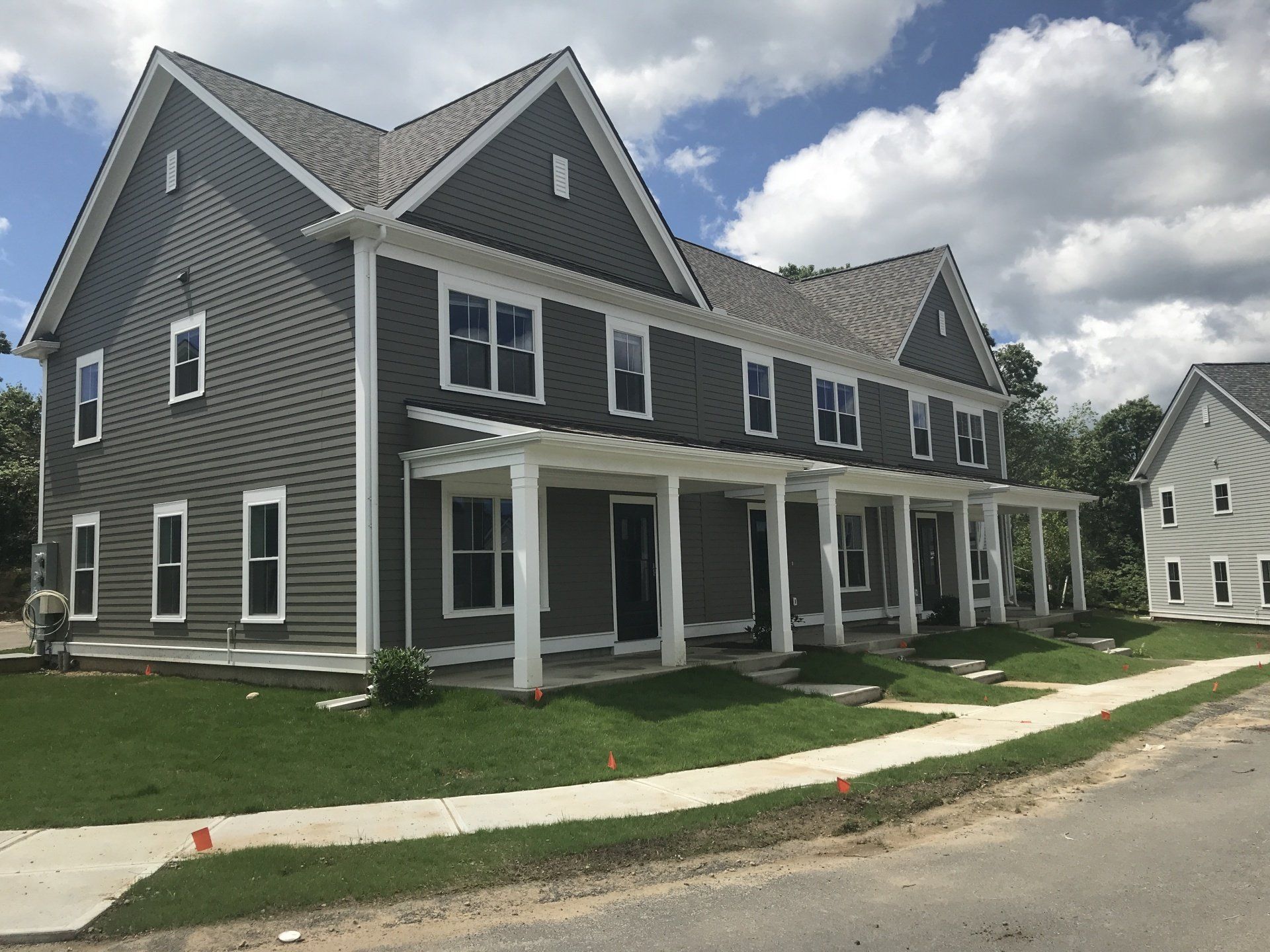Women’s Development Corporation champions efforts to maintain affordable housing in R.I.
Executive Director Frank Shea has been pushing corporation and state’s efforts to invest in older properties to increase years of useful life.
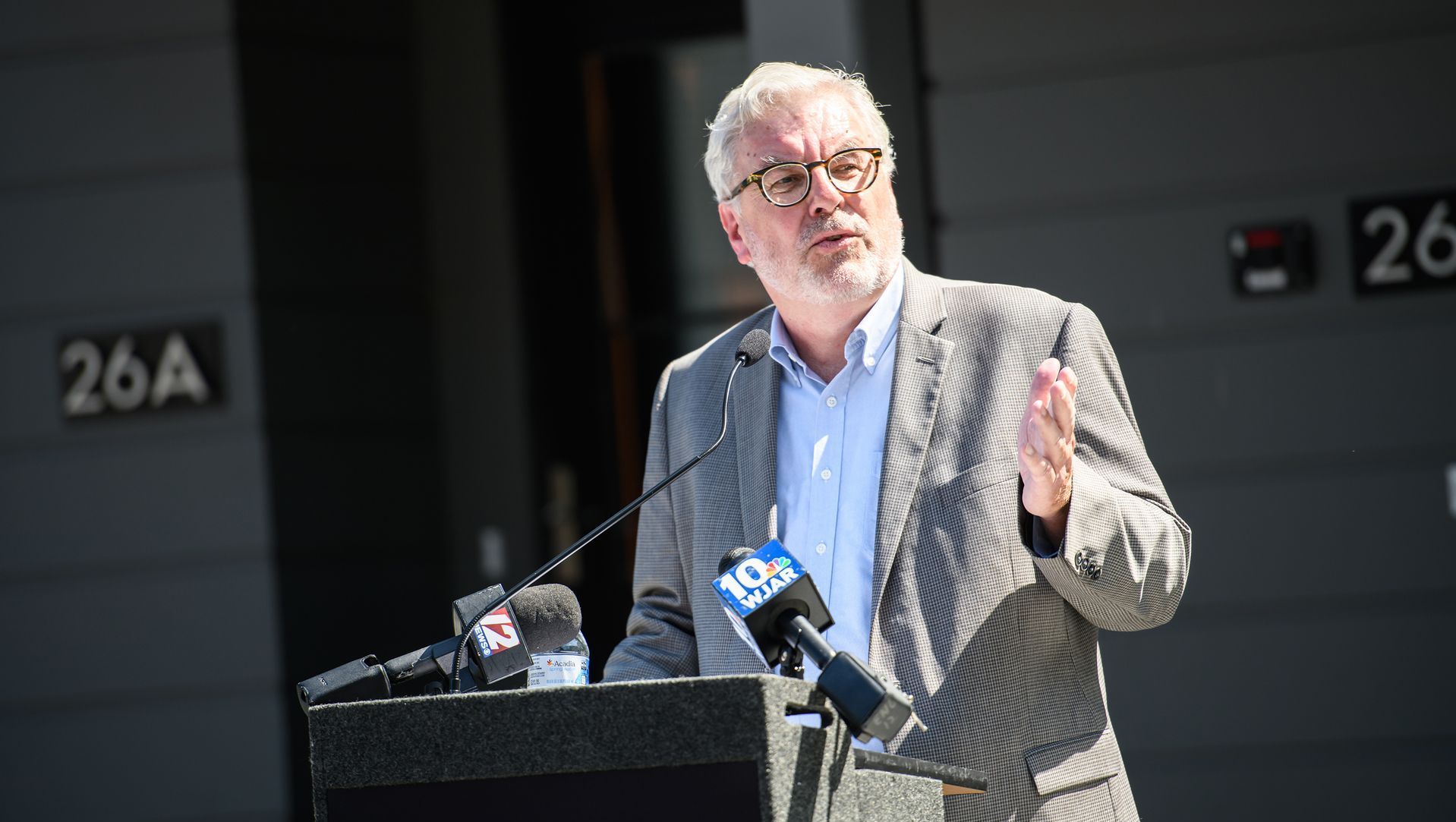
Frank Shea, executive director of the Women’s Development Corporation. DEVON MCWILLIAMS
The Boston Globe’s weekly Ocean State Innovators column features a Q&A with Rhode Island innovators who are starting new businesses and nonprofits, conducting groundbreaking research, and reshaping the state’s economy. Send tips and suggestions to reporter Alexa Coultoff at alexa.coultoff@globe.com
For more than 40 years, Providence-based Women’s Development Corporation has transformed existing properties and built new low-income housing for those in need.
Though originally pioneered by professional women “deeply committed to social justice,”the organization is now led by Executive Director Frank Shea, who has been well-known in the housing community for some time, having previously served as executive director for both Olneyville Housing Corporation and Urban Edge in Roxbury.
Q. What does WDC do for Rhode Islanders?
A. We’re a developer of affordable housing and a property management company. We basically work statewide and a little bit into Southeastern Massachusetts. So from Westerly, to Woonsocket, to New Bedford, we own 700 of our own homes and multifamily properties and manage about 150 others for other organizations, usually service providers who are trying to serve their constituents but don’t have the capacity to manage the housing themselves.
Q. Who are these developments for?
A. Our developments serve a broad range of people in Rhode Island and Southeastern Massachusetts who need affordable housing. We have developments specially for the elderly in Providence, Johnston, South Kingstown, Hopkinton, and West Warwick. Projects in Providence, Pawtucket, Warwick, Charlestown, Richmond and Exeter serve families. We provide housing with enhanced services for special populations, including veterans, people who have been formerly homeless or incarcerated, and people with a range of disabilities. In some cases, we provide management services for other organizations who own these properties to serve their clients.
Q. What’s the average area median income (AMI) you’re building for?
A. To date, all the units we have developed and manage are between 30 percent to 60 percent of area median income. As there has been more recognition of the need for housing developments at nearly every income level to address our crisis, there is more interest and more resources available to support development of homes up to 80 percent and even 120 percent of AMI.
Q. What was the last project you completed?
A. The last project we completed was
Pine View in Exeter, and that’s where we were approached by a property owner. The approval process was predictable and straightforward. Neighbors had the normal questions and concerns that we were able to address and make it better. That project got done in 2022, and Exeter was the only community in Rhode Island to
pass the 10 percent [affordability] goal that year. (Only five municipalities in the state have reached this goal).
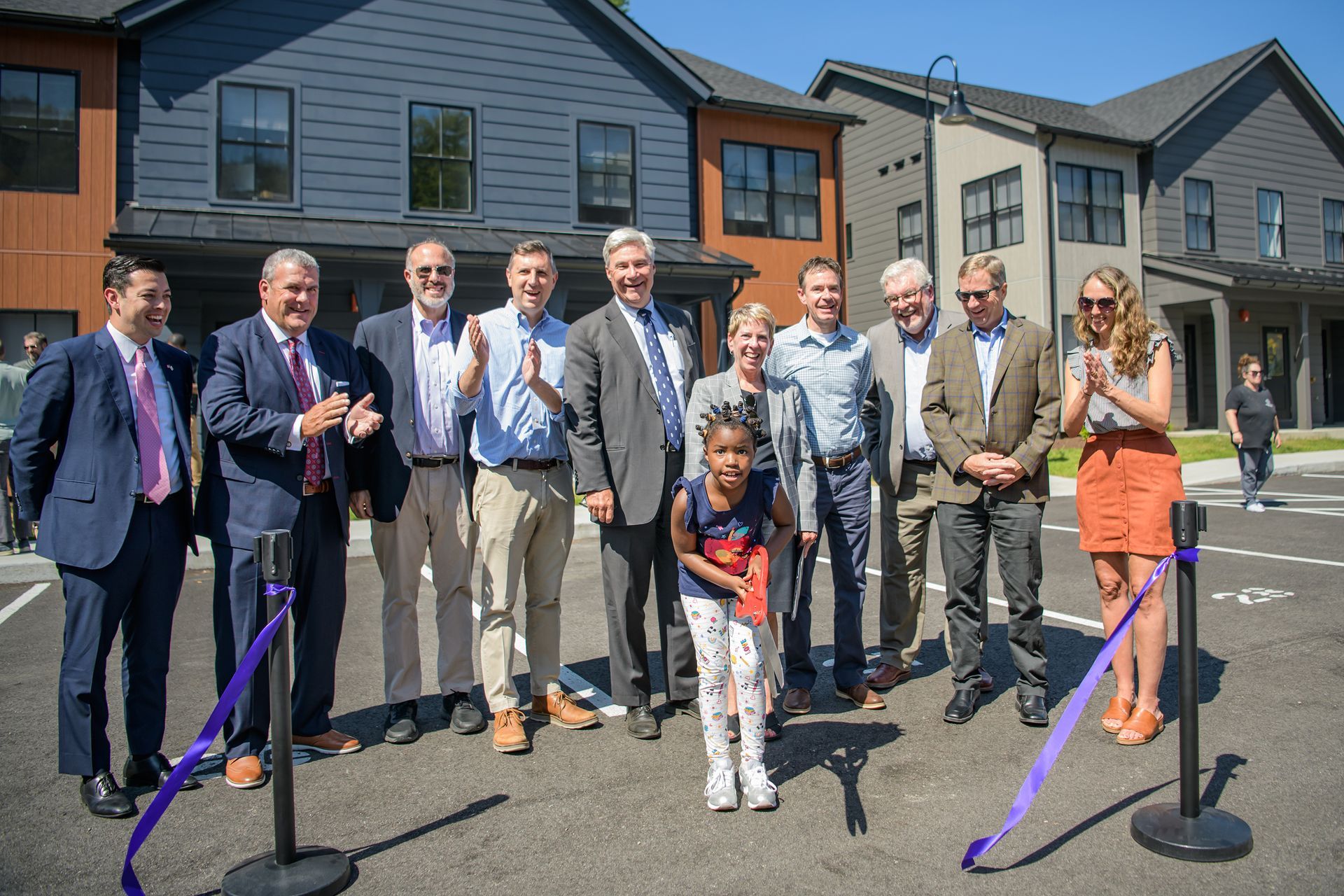
Pine View Apartments resident Ayah Shakir (front center) is joined by (left to right) Rhode Island General Treasurer JamesDiossa, Secretary of State Gregg Amore, Housing Secretary Stefan Pryor, US Representative Seth Magaziner, US SenatorSheldon Whitehouse, RIHousing Executive Director Carol Ventura, LISC Senior Programming Officer Jay O'Grady, WDCExecutive Director Frank Shea, National Equity Fund Managing Director Tony Lyons, and Town of Exeter Director of SocialServices Jessica Demartino to cut the ribbon on the new affordable housing complex. DEVON MCWILLIAMS
Q. In your role as executive director, are there any new initiatives you’re hoping to bring to WDC?
A. We’re always on the lookout for new development opportunities. We’re in conversations with a number of communities around the state now on future projects. I think there needs to be a realization of the role that affordable housing plays as a driver of the state’s economic development. We’re at a time when the speaker and governor are providing resources and trying to get a more predictable process to get approvals, so we’re looking at new projects pretty much every week.
Q. What areas of the state are you looking to develop new properties in?
A. We believe that every community has a need for affordable housing. Every community has sites that are appropriate. And if we’re going to solve this housing crisis, every city and town must do its part. We’ve got good stuff going on in Westerly, South Kingstown, kind of all over the place where we’re also doing some focused work with two of the state’s health equity zones.
Q. What’s the most important role of WDC in helping the state’s housing crisis?
A. It’s really important that we’re building new units. But we also need to continue the investments in the existing units to make sure residents are living in good quality housing. If we’re creating 15 new units but losing 25 because of their age, we won’t really get ahead of this crisis. It’s more and more expensive to be fixing a roof here and a roof there. Every 20 years or so with your own home, you need to fix the roof, you need to replace appliances, heating systems, painting. That falls on developers and owners like us and state leaders who need to make sure they prioritize these investments to keep them stable.
Right now we’re working on a project that we’re hoping gets funded in the West End of Providence. We’ve owned the property since the 1980s with 47 existing units that are scattered throughout the West End, and it’s been more than 40 years since they’ve had significant investment of resources. Now being able to address what needs to get fixed — do the roofs, do the systems, make them more efficient — is a way to get 30 to 50 more years of useful life into these existing assets, which are really a valuable piece of the affordable housing puzzle in Providence.

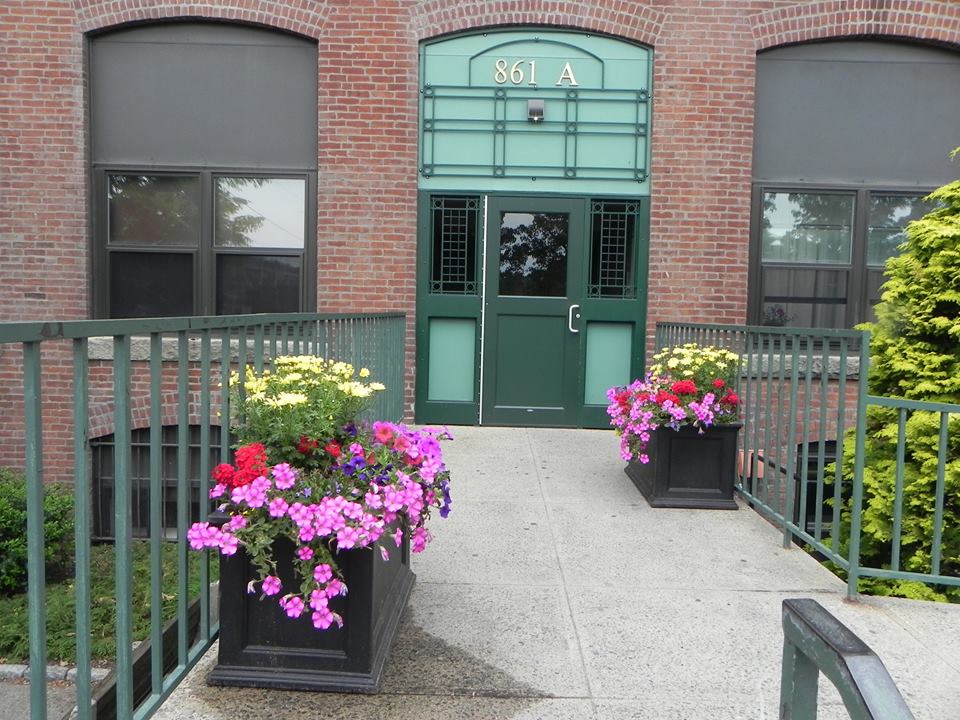
Strengthening communities one home at a time, for over 40 Years
All Rights Reserved | WDCHOC
site by moor.studio

